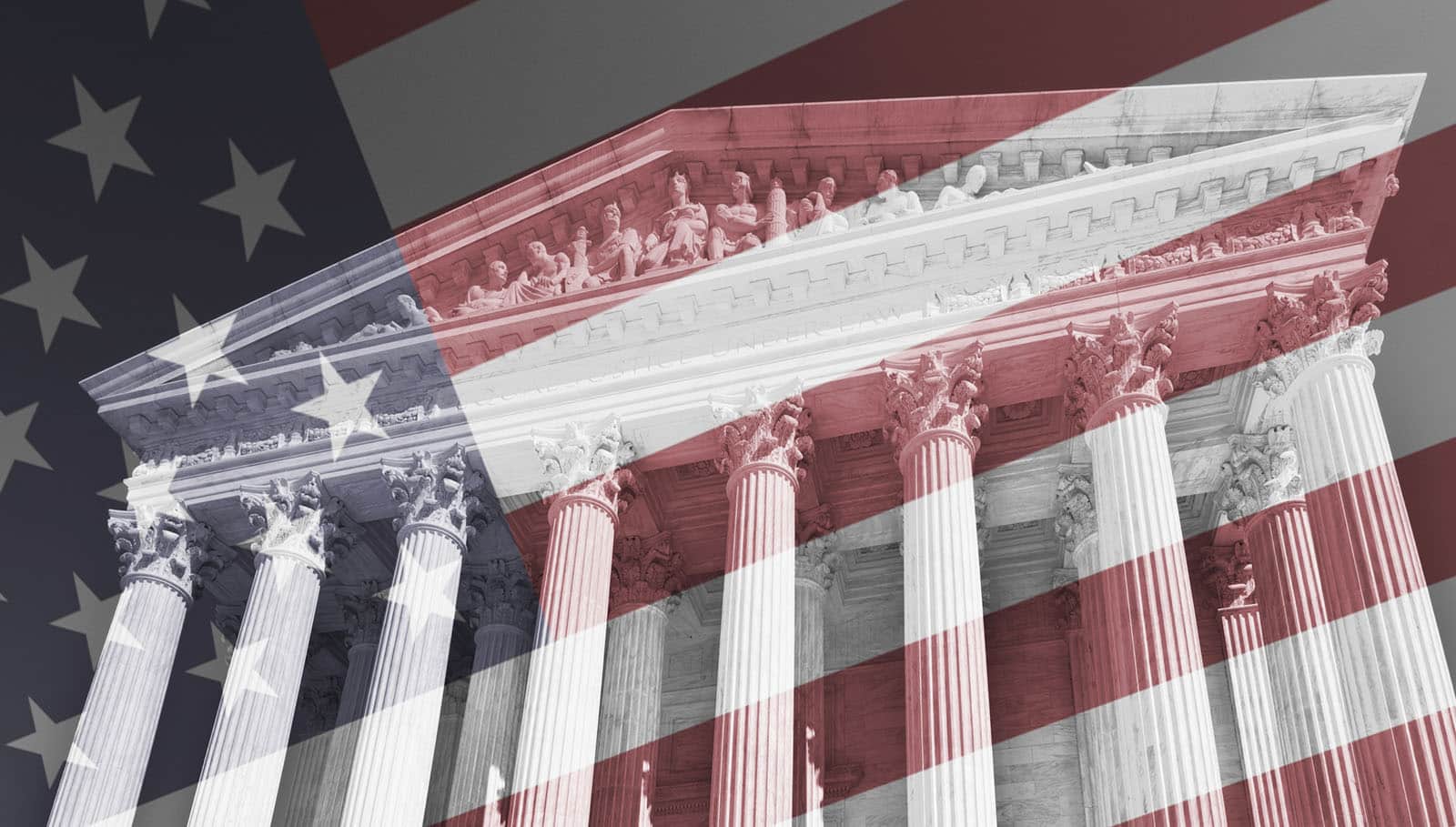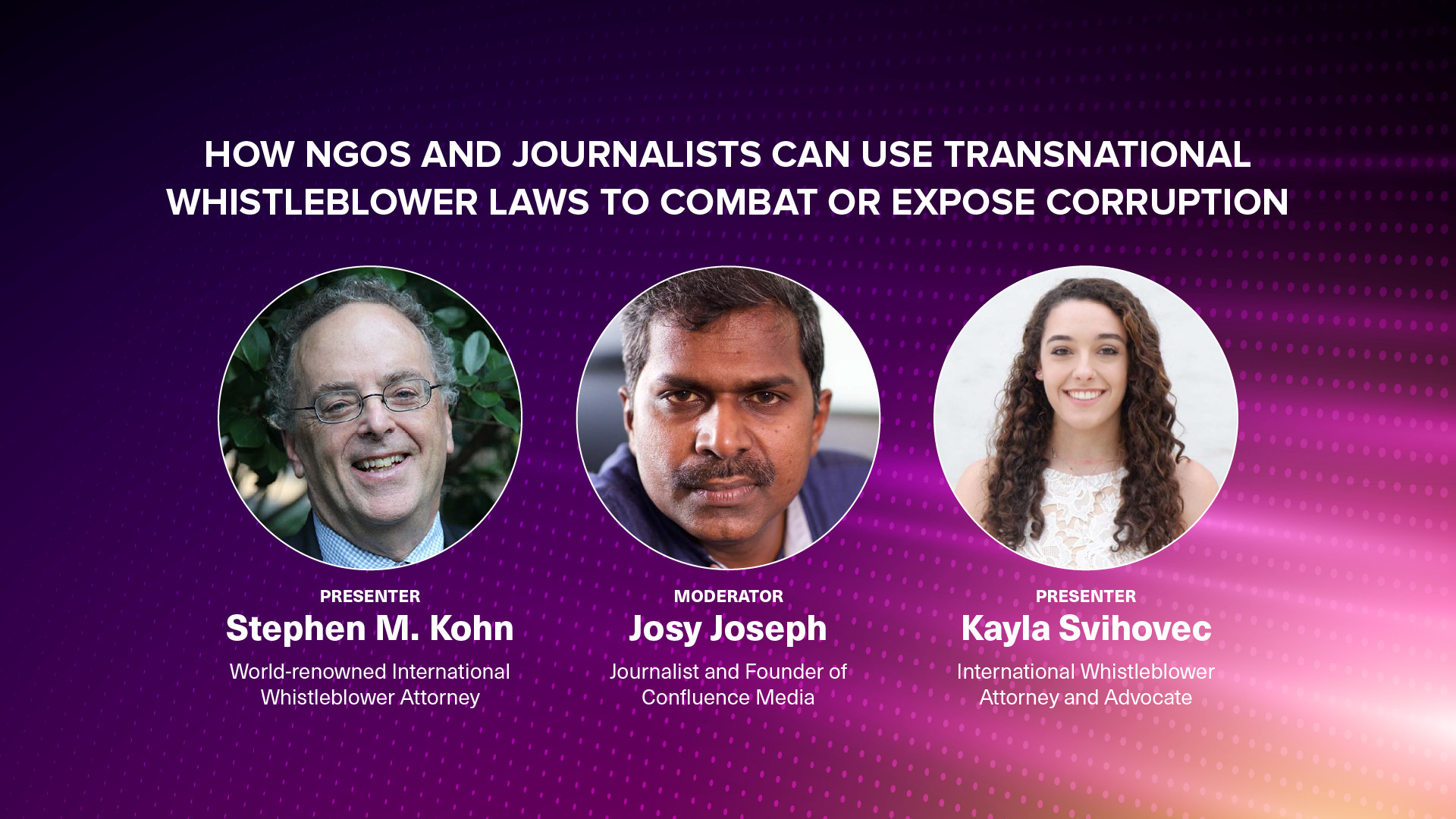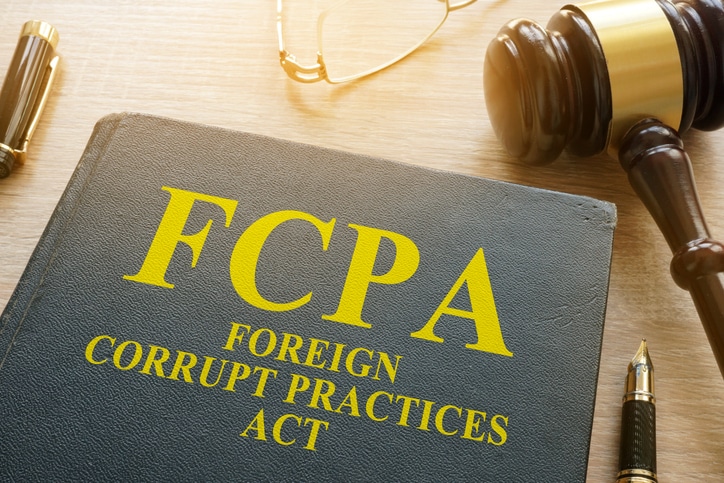The Ultimate Guide to the Foreign Corrupt Practices Act
The Foreign Corrupt Practices Act (FCPA) is a U.S. law that prohibits the payment of anything of value to foreign government officials to obtain a business advantage. It also requires publicly traded corporations to make and keep accurate books and records and maintain appropriate internal accounting controls.
Updated
May 9, 2025

The U.S. Foreign Corrupt Practices Act (FCPA) is an anti-corruption law that was enacted by congress in 1977. Under the FCPA, it is unlawful for a U.S. person or company to pay money, or offer anything of value, to any foreign official to gain a business advantage. The FCPA also amended the Securities Exchange Act of 1934 to require companies to keep and maintain accurate books and records and to maintain adequate accounting controls.
This law is applicable to any of the following:
- Officers
- Directors
- Employees
- Stockholders
- Agents (e.g., consultants)
- Joint Venture Partners
- and others
The FCPA also includes a critical accounting provision (15 U.S. Code § 78m) designed to deter bribery by U.S.-listed companies. Covered corporations must (a) make and keep books and records that accurately and fairly reflect the transactions of the corporation and (b) devise and maintain an adequate system of internal accounting controls.
This provision aims to enhance transparency by requiring meticulous record-keeping, robust internal controls, and effective compliance procedures. These safeguards help prevent the misuse of company resources for corrupt activities.
Corruption has severe damaging effects on democratic institutions, undermining public accountability and diverting public resources from important priorities such as health, education, and infrastructure. However, whistleblowers can help.
SEC Whistleblower Program
Through the SEC Whistleblower Program, whistleblowers with information about violations of the FCPA may be eligible for an award, when their tip results in sanctions exceeding $1 million. The award can be as much as between 10% and 30% of the sanctions collected. Protection from retaliation and anonymity are also available.
Continue reading to learn more about the FCPA and blowing the whistle on foreign corruption.
FCPA Violation Examples
A violation of the FCPA generally takes the form of a bribe, either directly or indirectly, sent from a U.S.-listed business to a foreign official to influence an award of business, a continuation of business, or else to gain an unfair advantage.
Below are a few examples of bribery which violate the U.S. FCPA :
- Using bribes to gain business: Paying a foreign official to win business in the foreign official’s country – creating an unfair advantage.
- Using bribes to gain approval of a project: gifting money or other items of value to a foreign official in exchange for government approval on a business venture.
- Using bribes to induce a doctor’s endorsement: Using financial incentives to get a government-affiliated doctor to endorse or use a certain product.
- Using bribes to gain business from political figures: Bribing foreign government officials or political parties as a means of gaining or retaining business through political influence.
The FCPA of the United States has significant penalties for violations.
Below is an overview of such fines:
- Violation of Anti-Bribery Provisions: Companies may be required to pay criminal fines up to $2 million per violation, and civil penalties up to $16,000 per violation. For individuals, criminal fines are up to $250,000 or imprisonment up to 5 years OR both, per violation. They may also be required to pay civil penalties up to $16,000 per violation.
- Violation of Accounting or Recordkeeping Provisions: Companies may be required to pay fines upwards of $25 million, with criminal fines up to $5 million and 20 years in prison for individuals.
Companies may also be required to pay additional sanctions up to the amount of the benefit they obtained from paying bribes, which can be in the billions of dollars. These fines and penalties can vary, depending on the company size, financial condition, and level of cooperation with the DOJ or SEC.
FCPA Enforcement
The FCPA is enforced by both the Department of Justice (DOJ) and the Securities Exchange Commission (SEC). However, it’s up to whistleblowers to expose foreign corrupt practices, which can lead to investor harm and an erosion of trust in markets if not brought to light.
Notable FCPA Cases
The 1MDB Scandal (2020)
The 1Malaysia Development Berhad (1MDB) scandal involved the theft of billions of dollars from a Malaysian state-owned investment fund. Goldman Sachs played a significant role in this scandal by underwriting $6.5 billion in bond offerings for 1MDB.
Investigations uncovered that a substantial portion of these funds was illegally diverted into the personal accounts of high-ranking Malaysian officials, including the then-Prime Minister. Goldman Sachs faced serious accusations of misleading investors and knowingly facilitating the movement of these stolen funds.
In 2020, Goldman Sachs agreed to pay a $2.9 billion penalty to the DOJ to resolve criminal charges related to its involvement in the 1MDB scandal. Additionally, the bank paid $606.3 million to return ill-gotten gains and an additional $400 million as a civil penalty in a separate case brought by the SEC.
Ericsson (2019)
In 2019, Ericsson, a Swedish telecommunications giant, agreed to pay a $1.06 billion penalty to resolve charges brought by the DOJ and the SEC. This settlement followed an investigation into widespread bribery schemes across multiple countries, including Djibouti, Vietnam, and Kuwait. Ericsson admitted to paying millions of dollars in bribes to government officials to secure lucrative contracts, demonstrating a pattern of corrupt practices within the company.
Siemens (2008)
In 2008, Siemens, a German multinational conglomerate, agreed to pay an $800 million fine to the DOJ to settle FCPA charges. This landmark settlement stemmed from a massive bribery scandal involving payments to officials in numerous countries. The investigation revealed that Siemens utilized slush funds and other illicit methods to secure contracts worldwide, highlighting a systemic failure of internal controls and a disregard for ethical business practices.
Alstom (2014)
In 2014, Alstom, a French energy company, agreed to pay a $772 million penalty to the DOJ to resolve FCPA charges. The company was implicated in a long-running bribery scheme that spanned multiple countries, including Indonesia and Saudi Arabia. Alstom paid millions of dollars in bribes to secure contracts for power plants and other infrastructure projects, demonstrating a pattern of corruption that permeated various levels of the company.
MTS (2019)
In 2019, MTS, a Russian telecommunications company, agreed to pay an $850 million penalty to the DOJ to resolve FCPA charges. The investigation revealed that MTS engaged in a bribery scheme to obtain licenses and other advantages in Uzbekistan. The company made illicit payments to government officials through intermediaries, highlighting a deliberate effort to circumvent regulations and gain an unfair competitive advantage.
See the full list of SEC Enforcement Actions that involve FCPA cases.
SEC Whistleblower Program
The SEC relies on whistleblowers to detect fraud and misconduct, and may award those whistleblowers generously when they come forward with information. In exchange for their information (which they can submit anonymously), they can also receive protection against retaliation. This ensures whistleblowers can safely report concerns, bring corrupt actors to justice, and receive compensation for doing what’s right.
Key Features of the SEC Whistleblower Program:
- Monetary Awards: Eligible whistleblowers can receive substantial awards of up to between 10% and 30% of the monetary sanctions collected by the SEC in successful enforcement actions, when the sanction amount exceeds $1 million.
- Related Action Awards: If monetary sanctions exceed $1 million, whistleblowers may also be eligible to receive an award if the same information led to a related action brought by certain other authorities, such as a parallel criminal prosecution by DOJ.
- Anti-Retaliation Protections: The program provides robust anti-retaliation protections for whistleblowers. These protections aim to prevent employers from taking adverse actions against employees who report suspected securities law violations.
- Anonymity: Whistleblowers can blow the whistleblower anonymously. However, to be eligible for an award, whistleblowers must have an attorney present in connection with their submission to the SEC.
- Non-U.S. Citizens Eligible: The FCPA is designed to incentivize individuals with knowledge of FCPA violations to come forward. This includes foreign nationals.
Key Eligibility Requirements:
- Sanctions of $1 Million: to become eligible for an award, the information provided must lead to an enforcement action in which $1 million sanctions is ordered.
- Original Information: The information you provide must be “original,” meaning it must be derived from your independent knowledge or analysis.
- Voluntary Provision of Information: You must voluntarily provide the SEC with information about the potential securities law violation.
The reward amount is based on the sanction amount which in turn is assessed based on a variety of factors, which can vary from case to case.
Payments are made from an investor protection fund established by Congress that is financed entirely through monetary sanctions paid to the SEC by securities law violators. No money has been taken or withheld from harmed investors to pay whistleblower awards.
Program Success
The SEC Whistleblower Program is so effective that in 2023, the SEC Whistleblower Program issued nearly $600 million in awards, the most ever in a single fiscal year. According to the SEC’s annual report published on November 15, 2024, the SEC has awarded more than $2.2 billion to 444 individual whistleblowers since the Program’s inception in 2011. Since 2011, over 2,000 non-U.S. citizens from over 100 countries have filed confidential whistleblower reports to the SEC.
CFTC Whistleblower Program
The Commodity Futures Trading Commission (CFTC) issued an advisory that it may bring enforcement actions in cases involving foreign corrupt practices under the Commodity Exchange Act (CEA), when it involves market manipulation, commodities fraud, or other violations.
Types of corruption and fraud, often connected with, or inclusive of FCPA violations, over which the CFTC has jurisdiction include:
- Manipulating the prices in the U.S. commodities or futures markets, including engaging in spoofing;
- Falsifying or paying bribes to falsify commodities’ quality or source;
- Failing to keep required records or failing to report suspicious activities.
The CFTC’s focus on foreign corruption is narrower than the FCPA, primarily concerning its impact on the commodities markets, but their approach mirrors the DOJ’s FCPA guidance regarding self-reporting, cooperation, and remediation.
Essentially, the CFTC’s objective is to prevent and prosecute market abuse in the derivatives and commodities markets, with foreign corruption being one area of concern within that scope.
Since issuing its first award in 2014, the CFTC has awarded approximately $120 million to whistleblowers. CFTC actions associated with those awards have resulted in monetary relief totaling nearly $950 million.
Seeking Legal Assistance

If you know of a violation of FCPA, look no farther than Kohn, Kohn & Colapinto. Our firm has over 35 years of experience representing high-profile whistleblowers.
Our Cases
Our cases include representing Bradley Birkenfeld, an international banker and wealth manager at UBS Bank in Switzerland, who blew the whistle on a massive tax evasion scheme under the IRS whistleblower program, which forced UBS to pay a fine of $780 million and turn over the names of over 4,450 U.S. taxpayers. Birkenfeld was awarded $104 million for his information.
Our team also represents Howard Wilkinson, a former employee of Danske Bank manager who confidentially raised concerns over a $234 billion money laundering scheme that moved rubles out of Russian, converted them to dollars in Estonia, then moved them to New York with help from Bank of America, J.P. Morgan, and Deutsche Bank.
Our Expertise
Our Securities and Commodities Group is led by former SEC Commissioner Allison Herren Lee, who has intimate knowledge of FCPA; and former Senior Counsel in the SEC’s Division of Enforcement, Andrew Feller. The group also includes world-renowned attorney and founding partner, Stephen M. Kohn, who was led attorney on the two cases mentioned above.
Get In Touch
If you’d like to report FCPA violations, get in touch with our firm today for a confidential consultation. We offer free case evaluations and work on a contingency fee basis, ensuring you pay nothing unless we secure a successful outcome for your case.
Our Firm’s Cases

$300 Million in Sanctions and Fines
Our firm and Athens-based Greek law firm of Pavlos K. Sarakis & Associates jointly represented Greek whistleblowers who proved that the multinational Swiss-based pharmaceutical company Novartis paid millions in bribes to illegally market drugs in violation of the FCPA. Novartis was required to pay $300 million in sanctions and fines.

$70 Million in Rewards
With an unwavering commitment to our clients who expose foreign corruption, we have been instrumental in obtaining over $70 million in rewards for multiple non-U.S. citizen whistleblowers across Europe, Asia, and Latin America.




